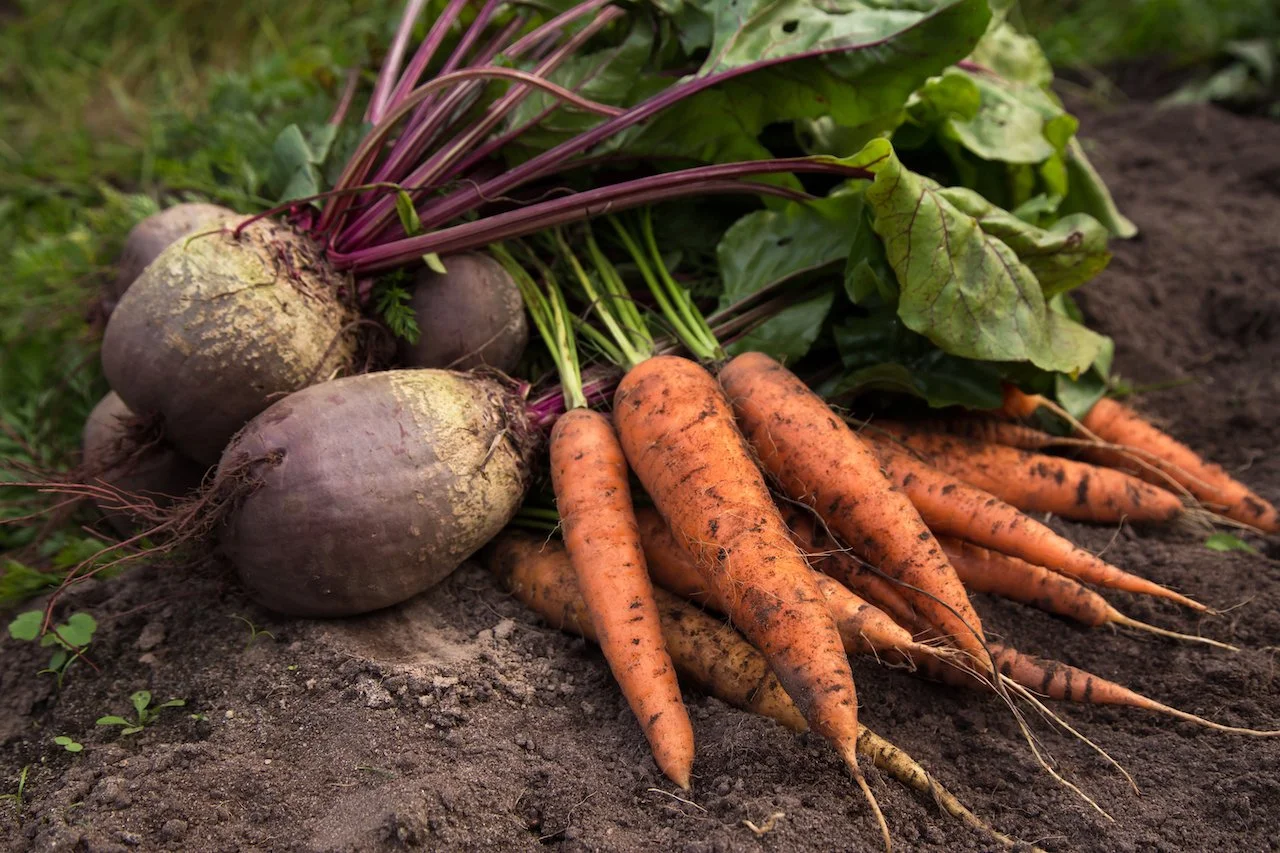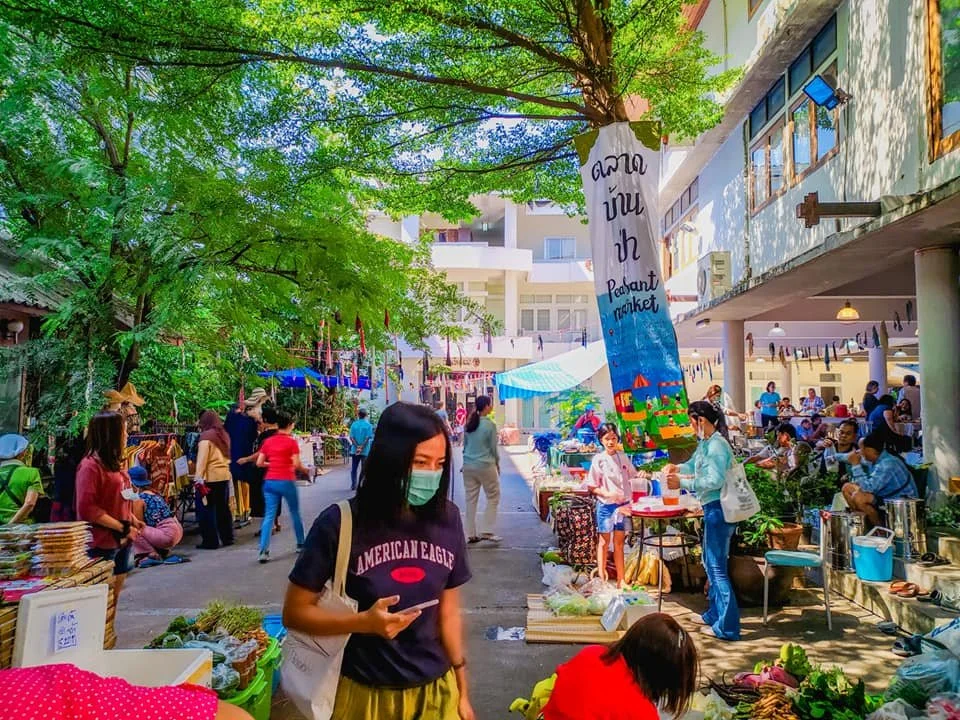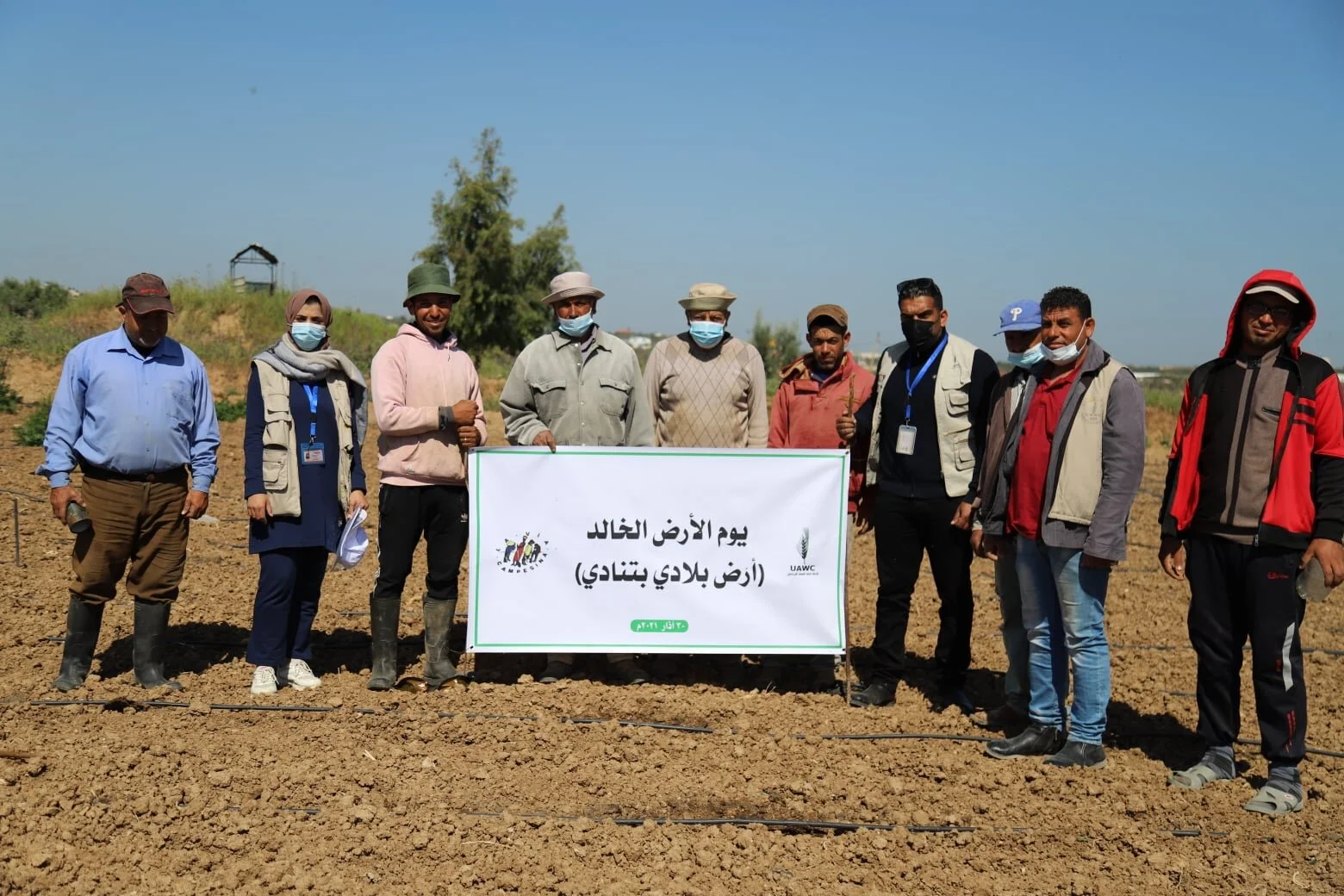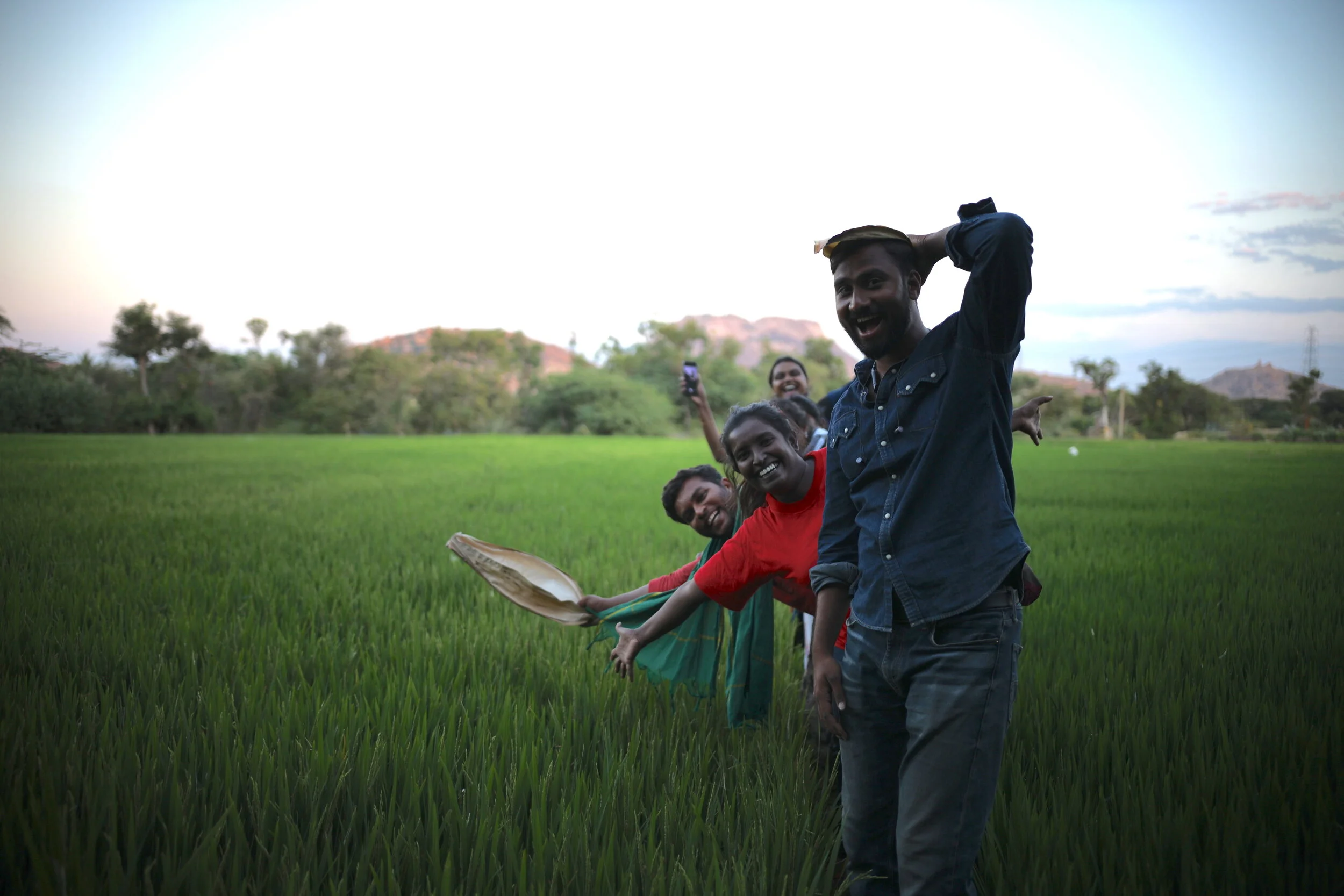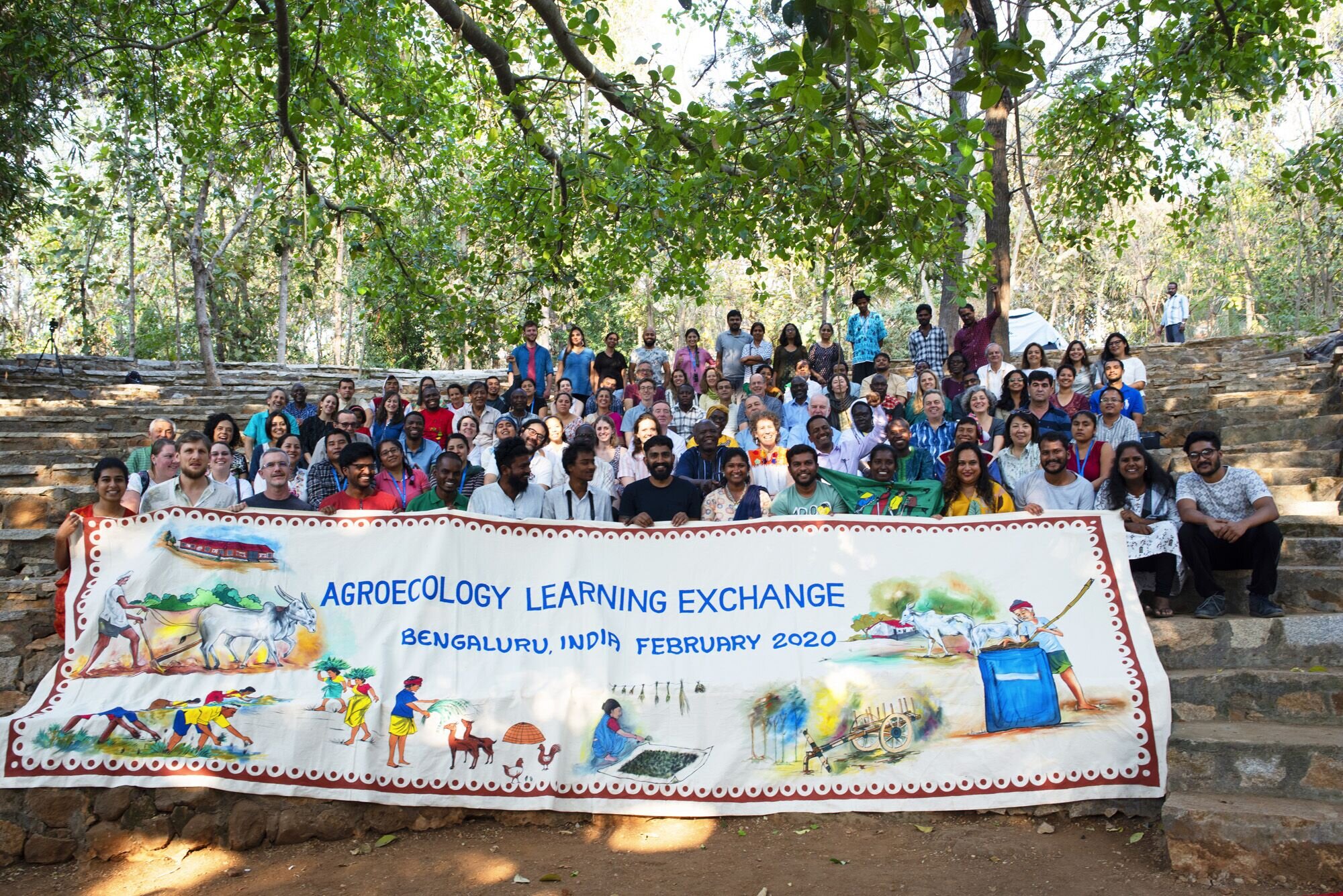A 2021 study by the UN’s FAO concludes that around a third of the world’s food is produced by smallholder farmers on less than two hectares of land.
Read MoreIn the midst of Covid-19, fishing communities around the world have demonstrated solidarity and strengthened the resilience of coastal communities.
Read MoreThe co-author of the report, AGRA’s False Promises, on why investment in agroecology, and not a Green Revolution, is key for Africa’s food security.
Read MoreA farmer from Pakistan on transitioning to agroecology and building resilience in the face of the global pandemic
Read MoreThe Union of Agricultural Work Committees on the Hunger for Justice Series
Read MoreMariama Sonko, president of the Pan-African organization Nous Sommes la Solution, shares how women farmers have turned entrepreneurs to revive a culinary tradition that would otherwise be lost
Read MoreBy strengthening Indigenous seed systems, Indigenous communities are protecting their food sovereignty and culture
Read MoreOn this International Day of Education, we celebrate the holistic peer-to-peer approach of the Latin American Agroecological Institutes (IALAs)
Read MoreWith support from the WK Kellogg Foundation, AEF launches a regional fund in Mexico
Read MoreBrazil’s Landless Rural Workers Movement on the Hunger For Justice series
Read MoreArgentina’s Union of Land Workers on the Hunger For Justice series
Read MoreThis Latin American peasant network challenges the agribusiness model by training youth in agroecology.
Read MoreA memo from Indira Raimberdieva, Director of the Peace Building Center, Kyrgyzstan
Read MoreThe Agroecology Fund will fund critical emergency responses and support grassroots advocacy efforts to resolve vulnerable populations’ food needs during the COVID-19 crisis.
Read MoreA photo essay on the Agroecology Fund’s global learning exchange in India
Read MoreNotes from the Agroecology Fund’s global learning exchange in India
Read MoreThe exchange programme, held from 1-9 February 2020, comprised workshops, panel discussions, working group sessions, and visits to the fields of Natural Farming practitioners in Karnataka and Andhra Pradesh, India.
Read More
The bounty and diversity of Papua New Guinea can easily make one’s jaw drop. Home to a staggering array of endemic species and over 800 indigenous tribes, Papua New Guinea is also the world’s most linguistically diverse nation.
Read More
